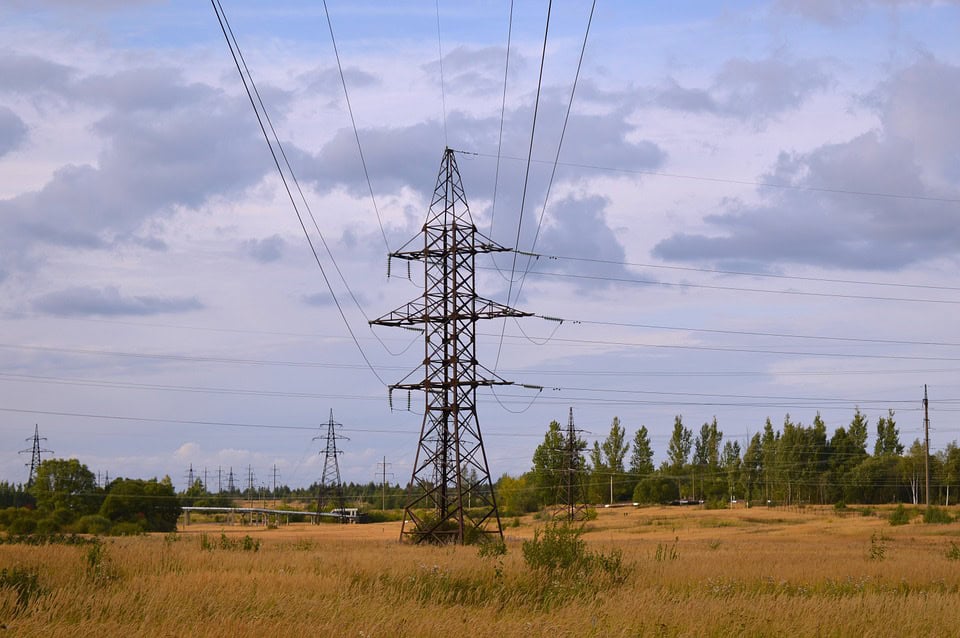Dhaka: The Bangladeshi government has signed a $185 million financing agreement with the World Bank to add about 310 MW renewable energy generation capacity, which will contribute to reliable, affordable electricity and cleaner air.
The “Scaling-up Renewable Energy Project” will focus on utility scale solar photovoltaic (PV) and rooftop PV to expand new markets in renewable energy generation in the country, said the Washington-based lender in a statement on Thursday.
The project will establish the country’s first large-scale 50MW grid-tied solar PV generation plant in Feni district, implemented by the Electricity Generation Company of Bangladesh (EGCB), according to Xinhua news agency.
To fill the gap in the long-term domestic financing market for renewable energy, the project will also support the Infrastructure Development Corporation Limited (IDCOL) to manage a Renewable Energy Financing Facility for both rooftop and utility scale solar PV.
It will also help Sustainable and Renewable Energy Development Authority (SREDA) identify sites for large-scale projects and promote new net metering policy for rooftop PV.
“Since the last decade, the World Bank has helped Bangladesh increase access to electricity in rural areas through renewable energy. Today, Bangladesh has one of the world’s largest domestic solar power program that serves about one-tenth of the country’s population,” said Dandan Chen, Acting Country Director for Bangladesh and Bhutan.
“Now, we are going one step further to help Bangladesh expand renewable energy generation on a larger scale. With strong collaboration between the public and private sector, we hope the project will help meet the growing energy demands of the population.”
The project will help unlock private investment and will aim to raise up to $212 million in financing from the private sector, commercial banks, and other sources.
“The project will be important for Bangladesh to tap into its potential for renewable energy generation. Further, it will help reduce a substantive amount of CO2 emissions per year, which is in line with the country’s nationally determined contribution to the Paris climate agreement,” said Monowar Ahmed, Secretary of Economic Relations Division of the Bangladeshi government.

